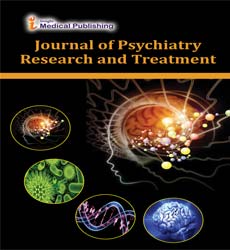Study of Patients with First unprovoked Seizure in the Eastern Part of Nepal
Abstract
About 5-10% of the population get at least one seizure in their lifetime. Treatment is started in patients with first unprovoked seizure if the risk of seizure recurrence is predicted to be high. If patients with first seizure are not treated 40-50% of patients develop recurrence within 2 years of the initial seizure. Starting treatment may cause reduction in the risk of recurrence by almost one half. The aim of the study was to identify the factors causing recurrence in patients with first unprovoked seizure Materials and methods
It is a prospective study conducted at Nobel Medical College from March 2015 to March 2019.Patients who presented to Nobel Medical College with first unprovoked seizure were enrolled in the study with follow up during the hospital visit.
Results
Eighty six patients participated in our study. Recurrence of seizure occurred in 21(24.4%) patients within the study period of 4 years. Abnormal Electroencephalography was significantly associated with recurrence of seizure in patients with first seizure. (P value<0.001) Neuroimaging abnormality was also associated with increased risk of seizure recurrence (P value<0.001) .Starting an antiepileptic after first seizure reduced the risk of further seizure.
Conclusion
Recurrence of seizure was observed in almost a quarter of patients within the study period of four years. Recurrence risk was higher in those patients with abnormal EEG and in those patients with identified cause than those patients whose seizure was assumed to be idiopathic.
Open Access Journals
- Aquaculture & Veterinary Science
- Chemistry & Chemical Sciences
- Clinical Sciences
- Engineering
- General Science
- Genetics & Molecular Biology
- Health Care & Nursing
- Immunology & Microbiology
- Materials Science
- Mathematics & Physics
- Medical Sciences
- Neurology & Psychiatry
- Oncology & Cancer Science
- Pharmaceutical Sciences
